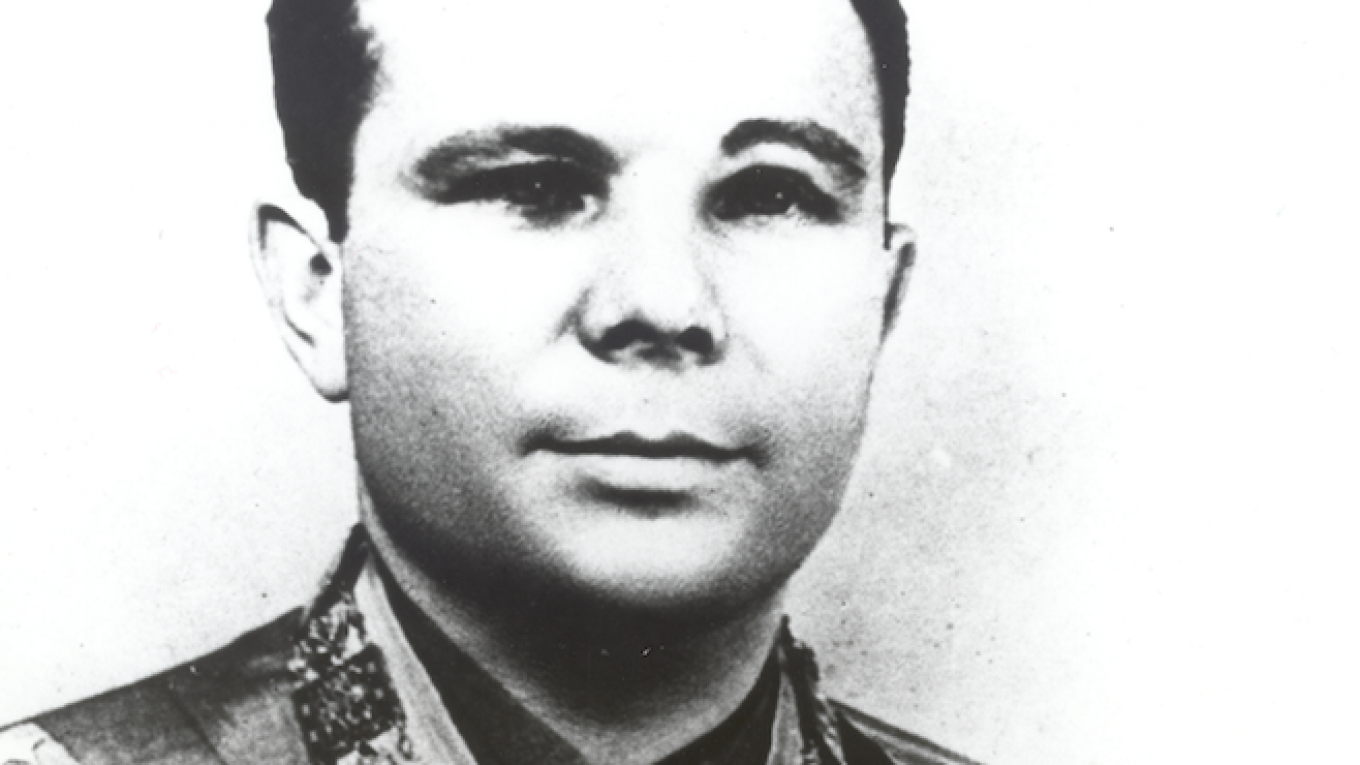From the Winter Olympics, hailed as a geopolitical breakthrough, to separatist fighters in eastern Ukraine, Russia's recent choices of what's right and what's important have repeatedly puzzled the world. But the country's selection of national objectives, down to support of people branded "terrorists" in the West, actually has a point — and it is a frantic search for something or someone to be proud of.
Heroes are generally in short supply in the 21st century: The last people that many nations have unequivocally been proud of are probably the spacemen, be it Yury Gagarin or Neil Armstrong. Their age also produced men like Che Guevara or, a bit later, Nelson Mandela. But all we have now are people in Guy Fawkes masks or divisive figures like whistleblower Edward Snowden.
But national pride still exists across the world, from China to America and from Sweden to Argentina. The desire to belong and to be proud of your collective is a basic human need. But, for Russians over the past two decades, it has been notably harder to swell with patriotic pride at the sight of the national flag than for an American or a Chinese citizen.
The downfall of the Soviet Union ended Russia's imperial pride — after all, it is hard to sustain your pride in empire when there is no more empire to be proud of. The economy went to the dogs in the 1990s, science evaporated in a brain drain, and even the national sports teams underperformed dismally compared to Soviet times.
Russia's quest to restore national self-respect began with Vladimir Putin, elected to the presidency in 2000 precisely because he promised to provide something to be proud of. He delivered the best he could, toiling to be, above all, an iconic and attractive leader. He flew fighter jets, petted tigers, shook his fist at the West and promised economic wonders. Some of these economic wonders he even delivered on, thanks to the flood of petrodollars.
But one person is not enough, and for years the Russian public has searched for more things to take pride in. Some were innocent: Take, for example, the quest for a Eurovision victory, pursued with a zeal normally only seen in Brazilians at a World Cup match. A couple of football wins became the stuff of domestic legend, and the victory at the Sochi Olympics had the country literally swooning in excitement.
Then there is the cult of the Great Patriotic War. Used as a morale booster since the late Soviet times, it only grew as the great and bloody war receded into the past. These days, the war has become almost a myth, one that cannot be questioned or analyzed, only celebrated — precisely because it is something that everyone can take pride in. And that means everyone — a video from several years ago showed an alleged drug dealer's car lavishly decorated with memorial ribbons.
All of which has culminated in the glorification of pro-Russian insurgents in Ukraine. It does not matter that they are accused of war crimes — same as their opponents, admittedly — or that these people, a mixed bunch of retrograde imperialists and security services retirees with noms de guerre such as "Motorola" and "The Imp," are no match for Gagarin or Che Guevara. These people are actually doing something out of ordinary, and they do it for Russia, or so the Russians are told. There have been precious few of these heroes in recent years.
The lack of better things to be proud of can be attributed to Russia's national identity problems and economic woes, and is a topic for another story. When Russia sorts it out, it will inevitably produce more heroes like Gagarin who the entire world can celebrate. But until then, it is vital to understand that even if the things Russia touts are misplaced or dangerous to the outside world, it is motivated by a nation's simple longing to feel good about itself.
A Message from The Moscow Times:
Dear readers,
We are facing unprecedented challenges. Russia's Prosecutor General's Office has designated The Moscow Times as an "undesirable" organization, criminalizing our work and putting our staff at risk of prosecution. This follows our earlier unjust labeling as a "foreign agent."
These actions are direct attempts to silence independent journalism in Russia. The authorities claim our work "discredits the decisions of the Russian leadership." We see things differently: we strive to provide accurate, unbiased reporting on Russia.
We, the journalists of The Moscow Times, refuse to be silenced. But to continue our work, we need your help.
Your support, no matter how small, makes a world of difference. If you can, please support us monthly starting from just $2. It's quick to set up, and every contribution makes a significant impact.
By supporting The Moscow Times, you're defending open, independent journalism in the face of repression. Thank you for standing with us.
Remind me later.






